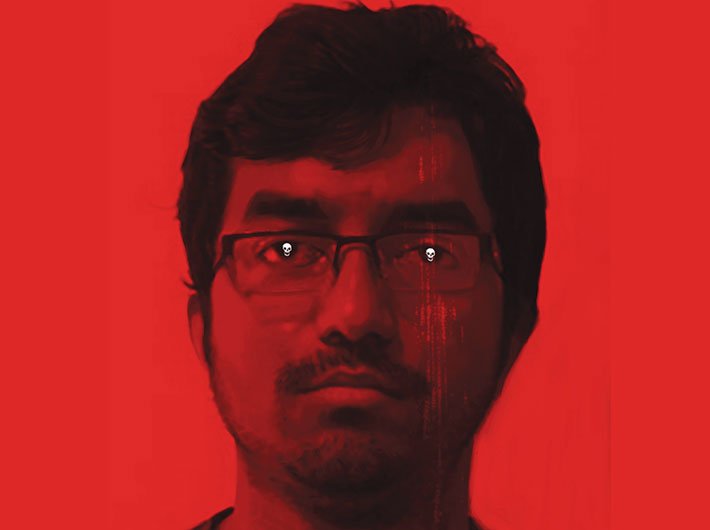Indian agencies face handicap from server location, rely more on human intelligence
When Mehdi Masroor Biswas received a knock at his door on the early morning of December 13, he was not surprised at all to find policemen there. People, however, were certainly surprised that it took India’s law-enforcers so long to trace the man who spoke as if on behalf of the nefarious Islamic State (IS) and brazenly eulogised the beheadings of the western citizens. If a British media organisation could trace him and carry an interview, why couldn’t our police catch him?
The surprise is understandable. What also needs to be understood, however, is the technological handicap of our law-enforcing as well as intelligence agencies.
Also Read: Criminals without borders
“Most of the servers [of websites like Twitter] are abroad. We always feel handicapped in tracking them down. We have different intelligence sources but to show our proactiveness on the technological front we always face massive difficulties,” a senior Delhi police officer said on condition of anonymity.
Moreover, Mehdi and his infamous Twitter handle (@ShamiWitness) were not on the Indian intelligence agencies’ radar either, partly because the IS was not a high-priority tag word for search and trace [IS was banned only on December 16], and partly because most of Mehdi’s Twitter followers – numbering more than 18,000 – were based abroad.
“Mehdi was interested in Cyprus, Israel, Jordan, Lebanon, Palestine, Syria and his followers were high in numbers but they were not from Pakistan or India. They were radicalised youth from Britain, Iraq, Syria and other countries,” said a senior intelligence bureau (IB) officer.
He further said, “He came to be noticed by American and British agencies when he tweeted and re-tweeted on the beheading of an American and the killings of British jihadists.”
Sources say it was the American and British agencies which passed the crucial information about Mehdi’s Twitter handle to Channel 4, which interviewed the 24-year-old engineer from West Bengal on December 11.
Channel 4 claimed to have reached Mehdi using contact details from his previous handle, @ElSaltador, which he had renamed @ShamiWitness, without deleting previous tweets. @ElSaltador had been linked to Mehdi’s Gmail account and Facebook page from where it was easy to track him. The Indian agencies could not carry out this simple operation either.
The Indian agencies, sources pointed out, arranged for another Channel 4 interview with Mehdi, and this time gathered clues (his t-shirt, Bangla accent). The police then made a shortlist of 70-odd Mehdis (Channel 4 had not revealed his surname) who could fit the description, and using the hints eliminated other Mehdis toknock on a door in Jalahalli area in north Bengaluru.
That was not a mean achievement, but it again reinforces the fact that finally it was the success of human intelligence – an informer told police on which floor of which building they’d find Mehdi, based on the description of his t-shirt – and not of hi-tech intelligence apparatus that the US and British agencies used.
However, the agencies need to improve human intelligence too. Because Arif Majeed, a 23-year old from Kalyan near Mumbai who had joined the IS campaign in Iraq, had during his interrogation told the national investigation agency (NIA) that the social media websites like Twitter were being increasingly used to motivate and inspire radicals for the Islamist cause. Majeed, according to sources, had even spoken of Indian links to the IS, but the Indian agencies failed to act on it in time.
In defence, an intelligence officer said, “We do keep tabs [on terrorists] using all means to find out their sinister designs but the cyber challenge is not always easy. We keep working on inputs and try to decode multiple messages, and even then we are not always able to reach the origin of the message because the server would be located elsewhere.”
Biswas has been booked under Section 125 of the Indian penal code (IPC) for “waging war against any Asiatic power in alliance with the Government of India”, Section 66 of the IT Act, 2000 and Section 39 of the Unlawful Activities Prevention Act, 2004 for supporting a terrorist organisation. He is in police custody till January 2.

